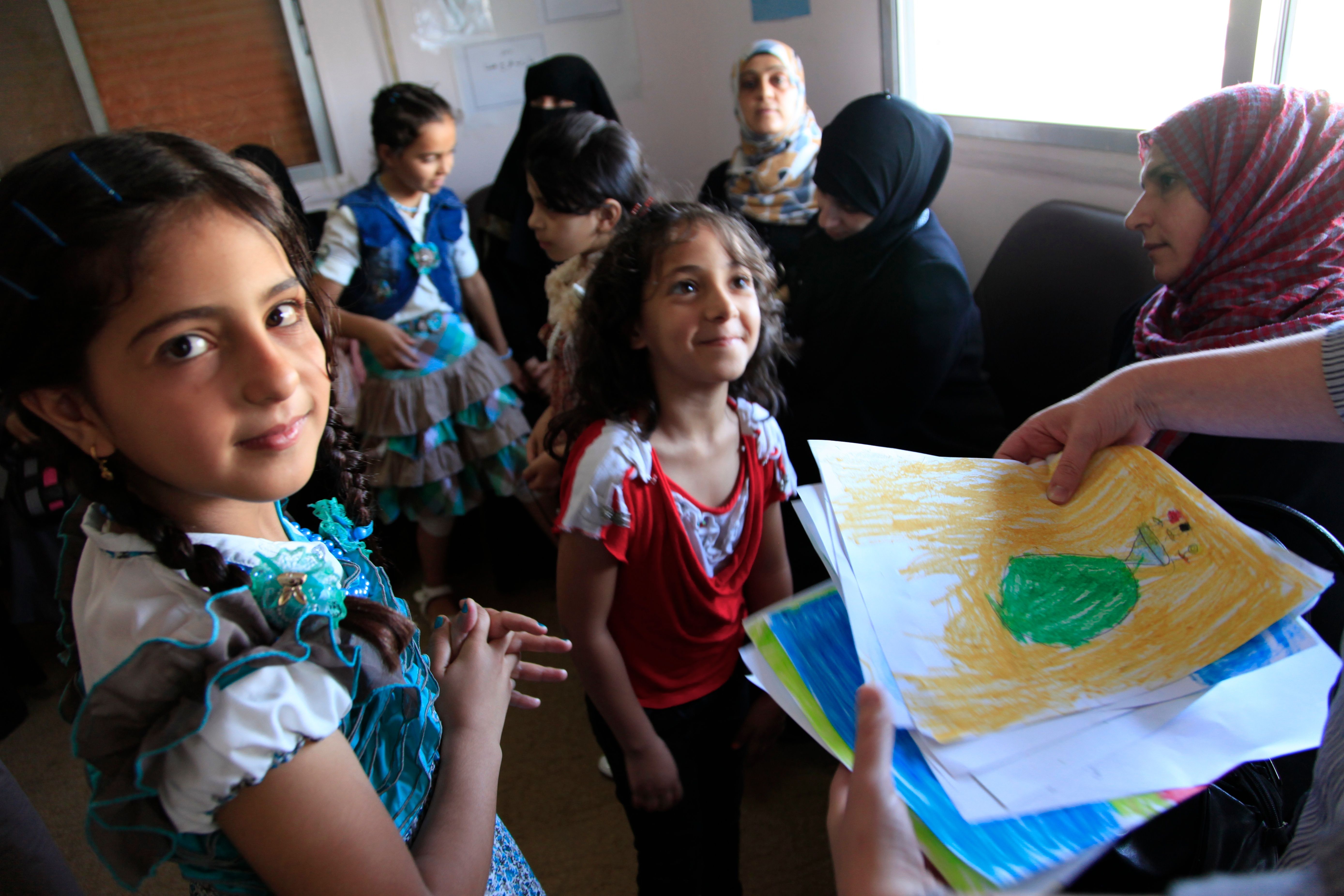POLITHEOR
European Policy Network
Blog 3 Columns
- Home
- Blog 3 Columns
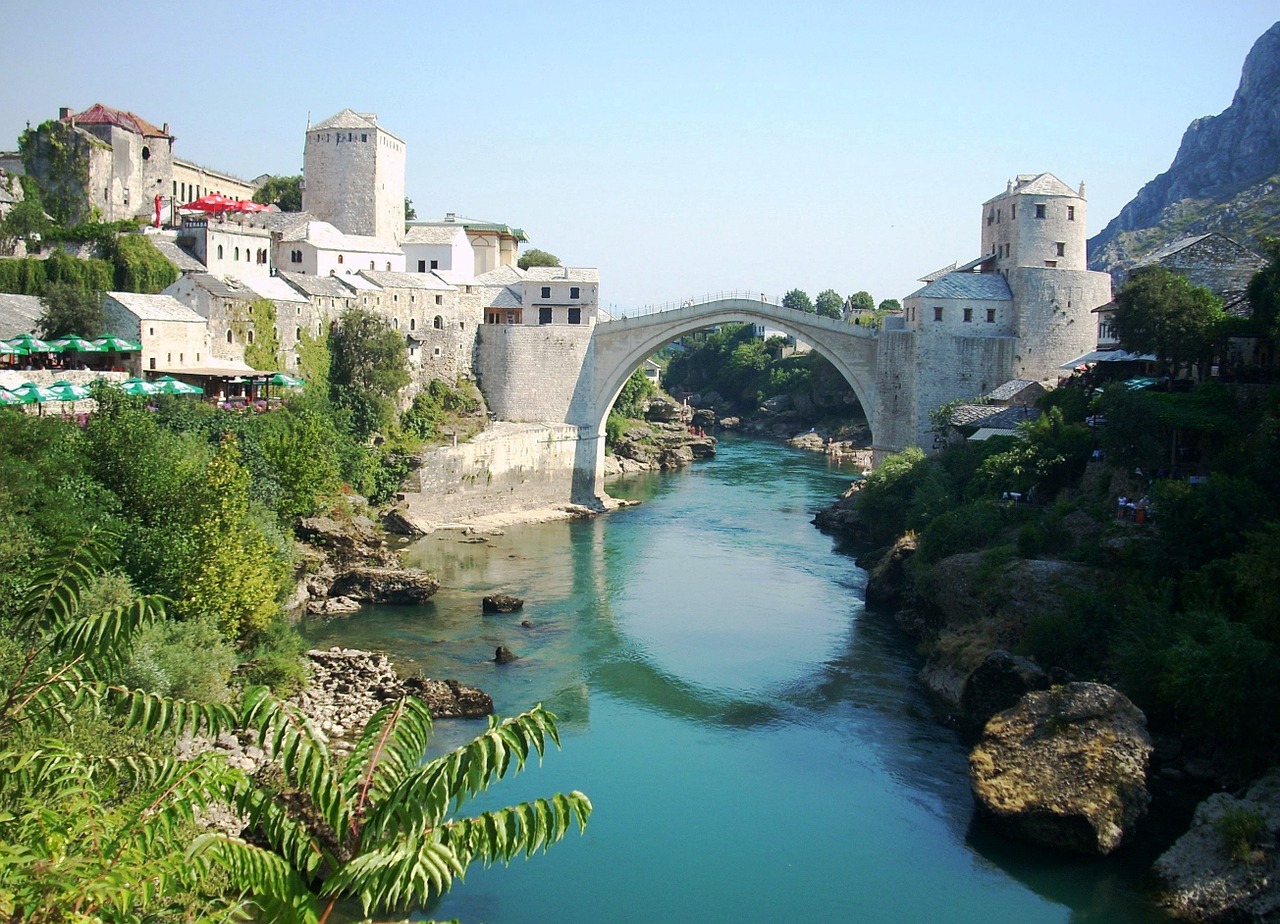
The EU and Bosnia-Herzegovina on a slippery slope0
- International Relations and Global Affairs, Op-ed
- 28/11/2016
In the last weeks, the political leaders of Bosnia-Herzegovina have pushed the country into a new crisis. The reason behind it was the Serbian entity’s decision to hold a referendum on whether 9th January should become the Day of Republika Srpska. This was widely opposed by the Croats and Bosniaks in the country, and also by the EU.
READ MORE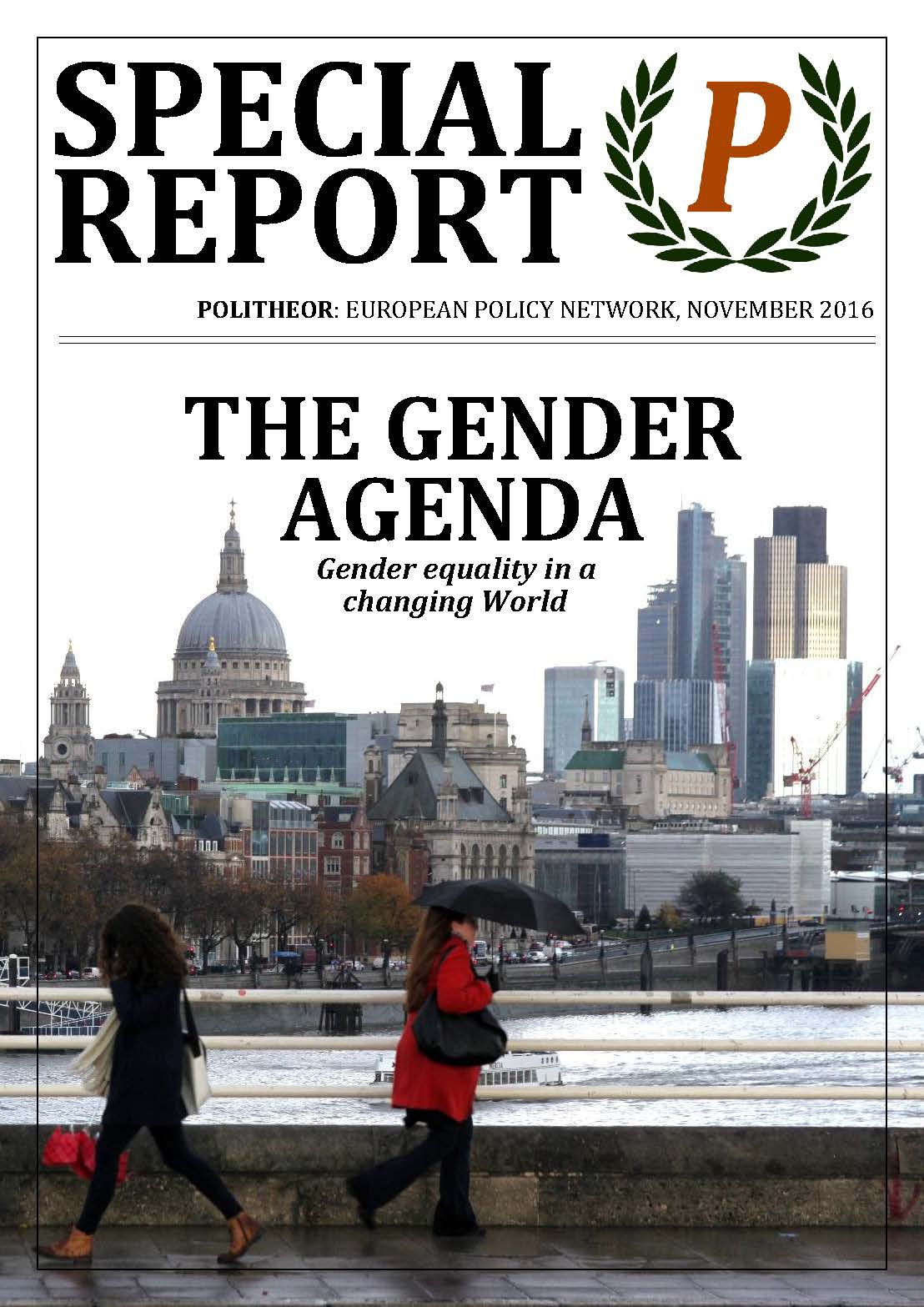
Politheor’s Special Report: The Gender Agenda5
- Human Rights and Migration, Special Report
- 25/11/2016
Why do we need a gender agenda?
READ MORE
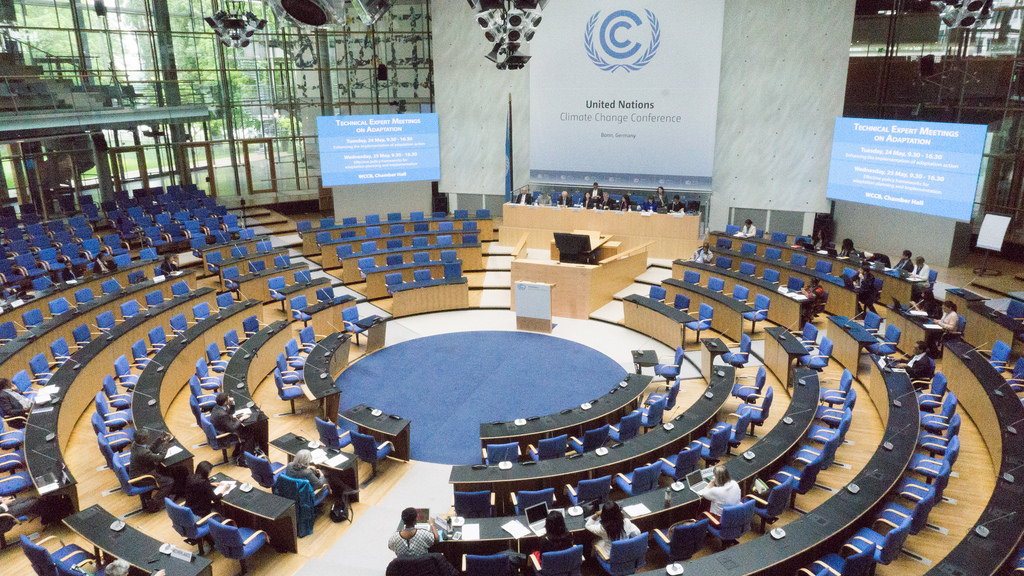
Egypt and climate change: let your civil society grow strong0
- Environment and Energy, Op-ed
- 14/11/2016
We are in the midst of the 22nd session of the Conference of the Parties (COP 22) to the UNFCCC which is scheduled to take place from 7-18 November 2016 in Marrakech, Morocco. During COP 22, parties will begin preparations for the entry into force of the Paris Agreement. The agreement adopted last December to limit global temperature increase below 2C. This reduction can only be achieved through a significant reduction in the emission of greenhouse gases caused mainly by burning of fossil fuels.
READ MORE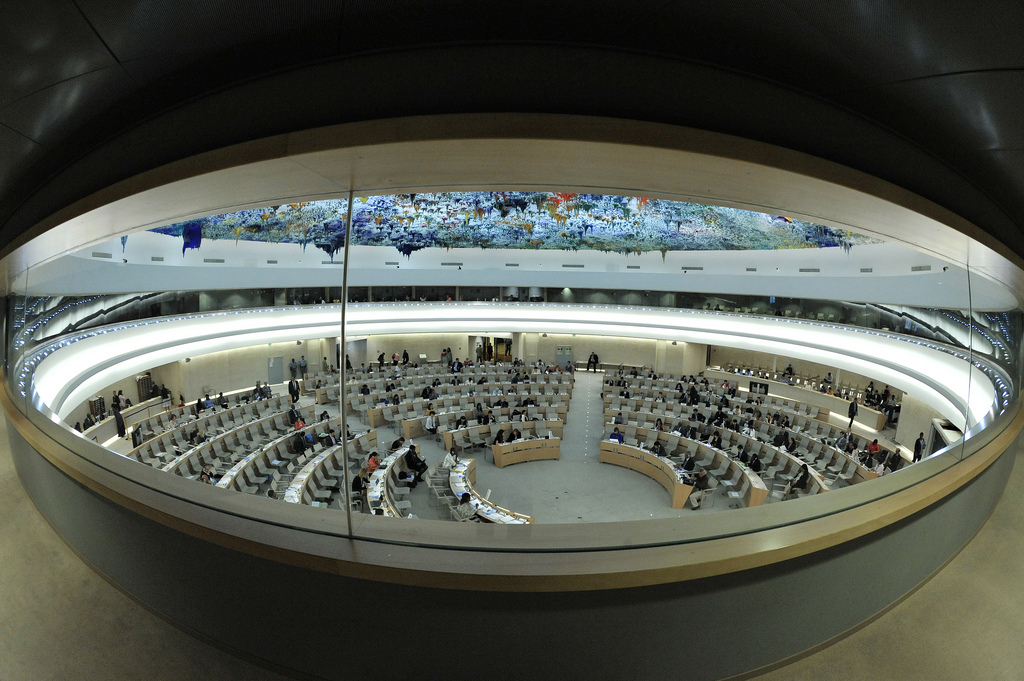
Human Rights: None of your business?1
- Human Rights and Migration, International Trade, Op-ed
- 11/11/2016
Have you heard of the latest steps towards an International Treaty on Business and Human Rights?
READ MORE
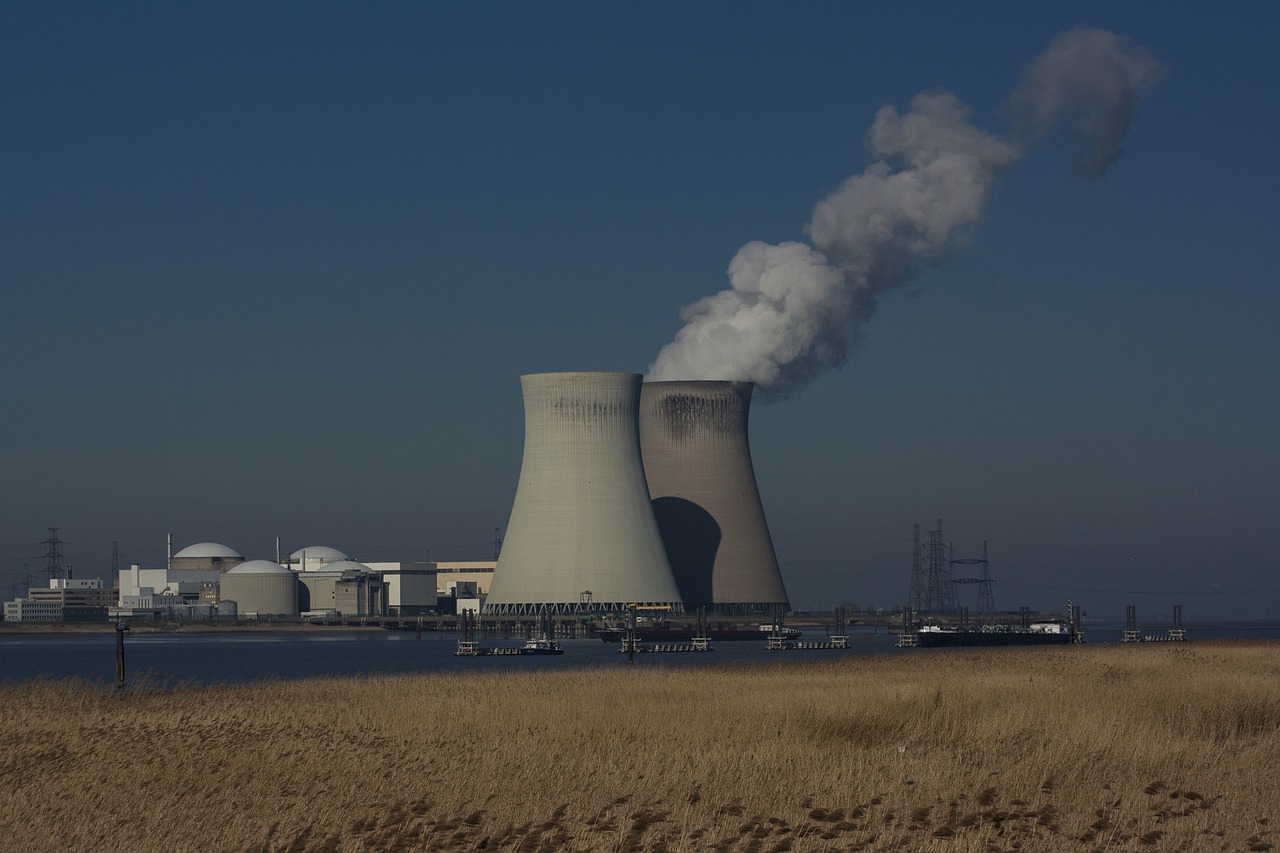
A British nuclear disaster? The go- ahead for Hinkley Point C1
- Environment and Energy, Op-ed
- 03/11/2016
The terrifyingly bad-value Hinkley Point C deal based on out-dated renewables projections and unproven nuclear technology offers an already archaic answer to a problem that could be solved with ever- cheaper alternative renewables. Instead, affirmation of the nuclear renaissance for the UK demonstrates a desperate grasp at international cooperation in the wake of Brexit.
READ MORE



